
Suva: The Heartbeat of Fiji
Suva, the capital city of Fiji, is a vibrant and culturally rich destination that beckons travelers with its lush landscapes, colonial architecture, and warm Fijian hospitality. Located on the southeast coast of Viti Levu, the largest island in Fiji, Suva offers a perfect blend of urban charm and natural beauty. Explore the bustling Municipal Market where you can find fresh tropical fruits, vegetables, and local delicacies. The market is a great place to interact with the friendly locals and get a taste of daily life in Suva. The city is also home to the Fiji Museum, which provides a deep dive into the fascinating history and culture of the islands, showcasing artifacts that date back over 3,700 years. Nature lovers will be thrilled with Suva's lush botanical gardens, such as the Thurston Gardens, where you can stroll among exotic plants and flowers. For a more adventurous experience, take a hike in the Colo-i-Suva Forest Park, a rainforest reserve just outside the city. Here, you can enjoy serene walking trails, natural swimming pools, and breathtaking waterfalls. Suva's colonial past is evident in its architecture, with many historic buildings and landmarks scattered throughout the city. The Government House, the official residence of Fiji's President, is a stunning example of British colonial architecture and is surrounded by beautifully manicured lawns. As the cultural hub of Fiji, Suva boasts a lively arts scene with numerous galleries, theaters, and cultural events. Be sure to check out the local music and dance performances, which often feature the traditional meke dance. Suva's dining scene is equally diverse, offering a range of international cuisines alongside traditional Fijian dishes, making it a culinary delight for food enthusiasts.
Local tips in Suva
- Visit the Municipal Market early in the morning for the freshest produce and a lively atmosphere.
- Wear comfortable shoes for walking around the city's hilly terrain and exploring the botanical gardens.
- Check the schedule for cultural performances at the Fiji Museum and other local venues to experience traditional Fijian music and dance.
- Bring insect repellent when visiting the Colo-i-Suva Forest Park to stay comfortable during your hike.
- Try the local cuisine at the numerous food stalls and restaurants to get a true taste of Fijian flavors.
Suva: The Heartbeat of Fiji
Suva, the capital city of Fiji, is a vibrant and culturally rich destination that beckons travelers with its lush landscapes, colonial architecture, and warm Fijian hospitality. Located on the southeast coast of Viti Levu, the largest island in Fiji, Suva offers a perfect blend of urban charm and natural beauty. Explore the bustling Municipal Market where you can find fresh tropical fruits, vegetables, and local delicacies. The market is a great place to interact with the friendly locals and get a taste of daily life in Suva. The city is also home to the Fiji Museum, which provides a deep dive into the fascinating history and culture of the islands, showcasing artifacts that date back over 3,700 years. Nature lovers will be thrilled with Suva's lush botanical gardens, such as the Thurston Gardens, where you can stroll among exotic plants and flowers. For a more adventurous experience, take a hike in the Colo-i-Suva Forest Park, a rainforest reserve just outside the city. Here, you can enjoy serene walking trails, natural swimming pools, and breathtaking waterfalls. Suva's colonial past is evident in its architecture, with many historic buildings and landmarks scattered throughout the city. The Government House, the official residence of Fiji's President, is a stunning example of British colonial architecture and is surrounded by beautifully manicured lawns. As the cultural hub of Fiji, Suva boasts a lively arts scene with numerous galleries, theaters, and cultural events. Be sure to check out the local music and dance performances, which often feature the traditional meke dance. Suva's dining scene is equally diverse, offering a range of international cuisines alongside traditional Fijian dishes, making it a culinary delight for food enthusiasts.
When is the best time to go to Suva?
Iconic landmarks you can’t miss
Damodar City
Discover Damodar City in Suva, a vibrant shopping mall offering a unique blend of retail, dining, and entertainment experiences for every visitor.
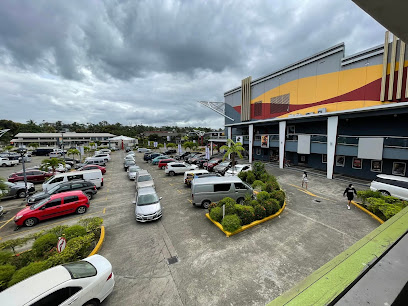
Colo-I-Suva Forest Park
Discover the beauty of Colo-I-Suva Forest Park, a lush national park near Suva, Fiji, perfect for hiking, swimming, and wildlife encounters.
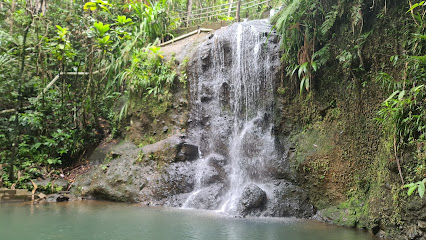
MHCC
Explore MHCC in Suva for a unique shopping experience filled with local culture, diverse retail options, and delicious dining.
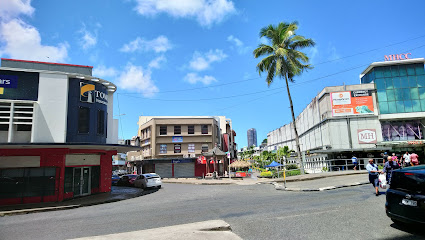
TappooCity Suva
Discover the vibrant shopping experience at TappooCity Suva, where Fijian culture meets modern retail in a lively atmosphere.
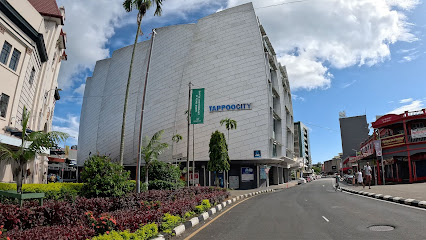
Suva Municipal Market
Discover the heart of Fiji at Suva Municipal Market, where vibrant colors, fresh produce, and cultural treasures await every traveler.
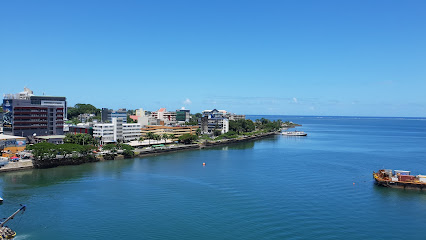
Albert Park
Explore the lush greenery and vibrant culture of Albert Park, Suva's premier destination for relaxation and recreation in the heart of Fiji.
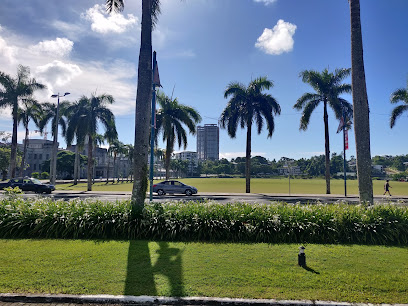
Holiday Inn Suva, an IHG Hotel
Discover comfort and modern elegance at Holiday Inn Suva, where warm Fijian hospitality meets contemporary luxury in the heart of Suva.
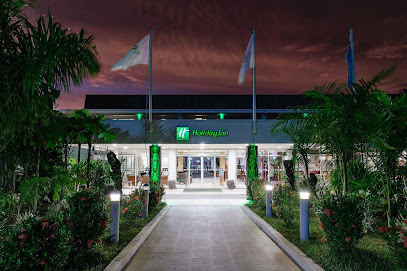
Flagstaff Plaza
Discover the vibrant shopping experience at Flagstaff Plaza, where Fijian culture meets modern retail in the heart of Suva.
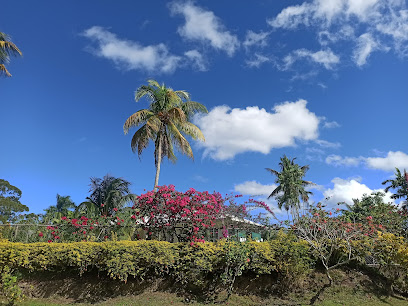
Ratu Sukuna Park
Explore the serene beauty and cultural significance of Ratu Sukuna Park, a must-visit memorial park in the heart of Suva, Fiji.
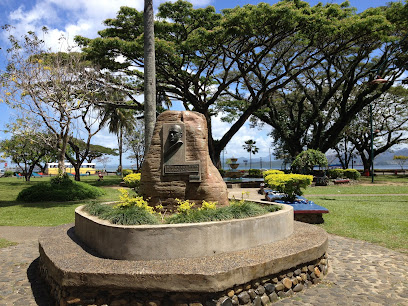
Fiji Museum
Explore Fiji's cultural treasures at the Fiji Museum - where history comes alive through fascinating exhibits and captivating artifacts.
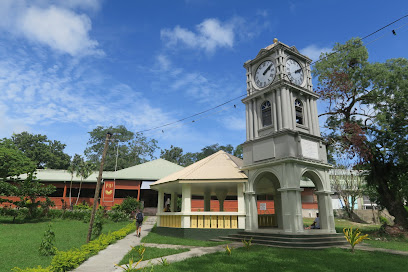
Prouds Suva Central
Discover the heart of Suva at Prouds Suva Central, where shopping meets Fijian culture in an unforgettable experience.
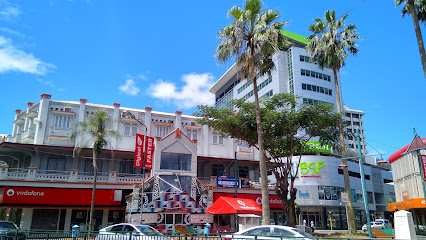
Royal Suva Yacht Club
Discover the Royal Suva Yacht Club: A premier marina offering stunning views, delicious dining, and vibrant Fijian culture in the heart of Suva.
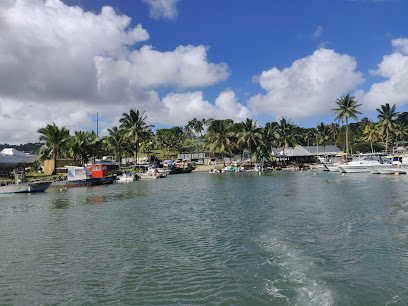
Moments Cafe
Experience the heart of Suva at Moments Cafe, where local flavors and a cozy atmosphere await every visitor.
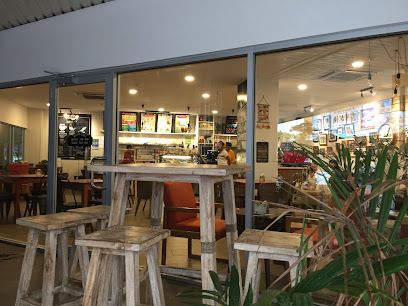
Jack's Suva
Experience the essence of Fiji at Jack's Suva, a lively shopping mall offering unique local crafts, dining delights, and vibrant atmosphere in the heart of Suva.
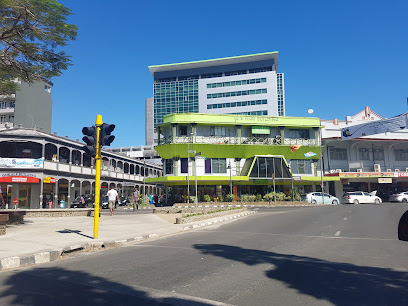
MyFNPF Centre
Explore the MyFNPF Centre in Suva, where shopping meets Fijian culture in a vibrant and lively atmosphere filled with local flavors.
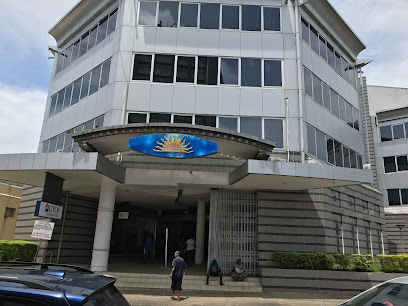
Unmissable attractions to see
Colo-I-Suva Forest Park
Escape to Fiji's lush rainforest: Hike, swim, and discover unique birdlife at Colo-I-Suva Forest Park, a serene oasis near Suva.
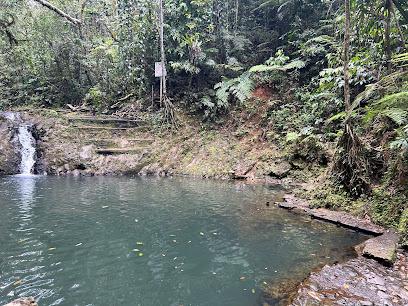
Suva Municipal Market
Experience the vibrant heart of Fiji at Suva's bustling Municipal Market, a sensory feast of local produce, crafts, and culture.
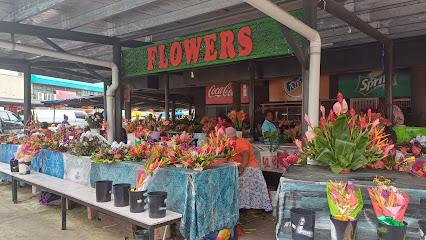
Albert Park
Discover Albert Park in Suva, Fiji: A historic park offering lush greenery, cultural events, and a glimpse into Fiji's rich past.
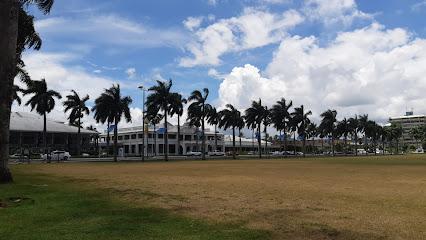
Fiji Museum
Discover Fiji's captivating history and culture at the Fiji Museum, home to a vast collection of artifacts spanning over 3,700 years.
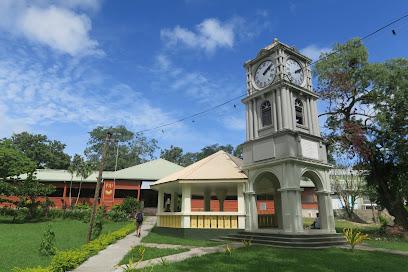
River Tubing Fiji
Experience Fiji's stunning Navua River with a thrilling tubing adventure, cultural village visit, and refreshing waterfall swim.
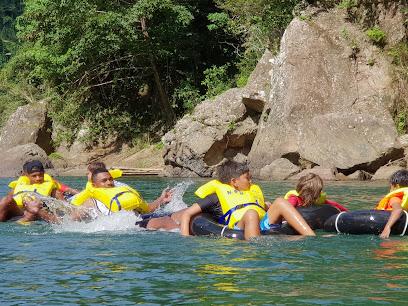
Apted Park
Discover Suva's green heart at Apted Park: a serene escape with coastal views, cultural events, and recreational bliss for everyone.
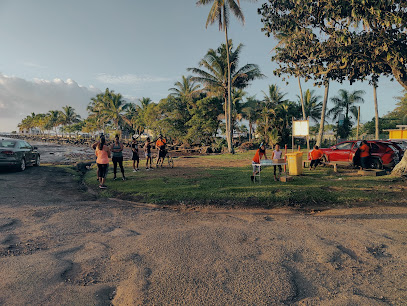
Aqua-Trek Beqa Dive Center
Dive into adventure with Aqua-Trek Beqa: Experience thrilling shark encounters and explore vibrant coral reefs in Fiji's Beqa Lagoon.
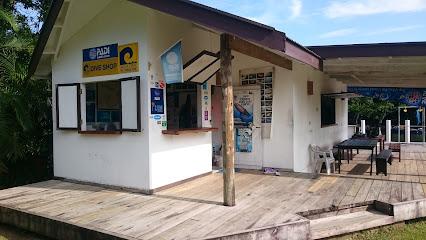
Orchid Island Cultural Centre
Discover Fiji's heart at Orchid Island Cultural Centre: immersive traditions, captivating performances, and unique handicrafts await!
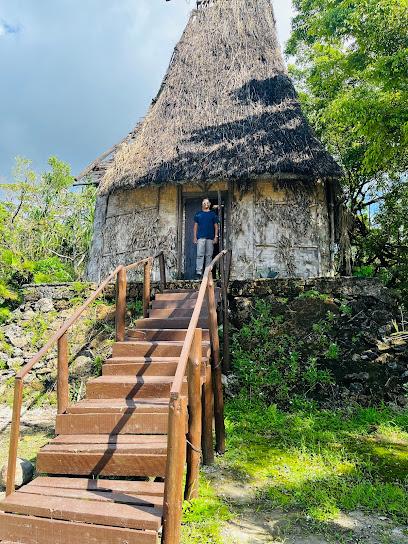
Leleuvia Island
Discover Leleuvia Island: An eco-friendly Fijian paradise offering pristine beaches, vibrant marine life, and authentic cultural experiences.
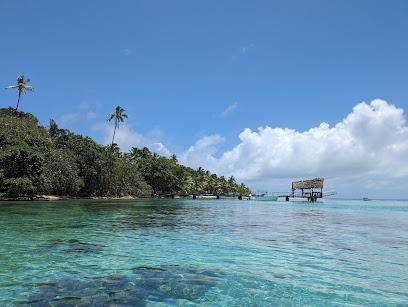
Centenary Church
Discover Suva's Centenary Church: a landmark of faith, history, and community in the heart of Fiji's capital.
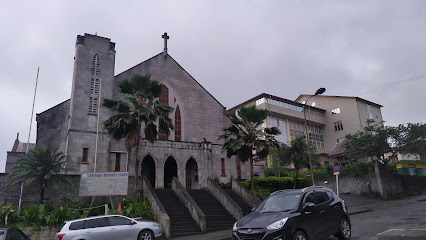
Bidesi Park
Escape to Suva's green heart: Bidesi Park offers relaxation, recreation, and a taste of local Fijian life in a tranquil urban setting.
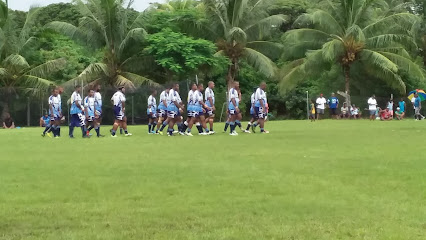
Navua River
Experience Fiji's stunning natural beauty and rich cultural heritage on the majestic Navua River, a must-see destination for adventure and culture enthusiasts.
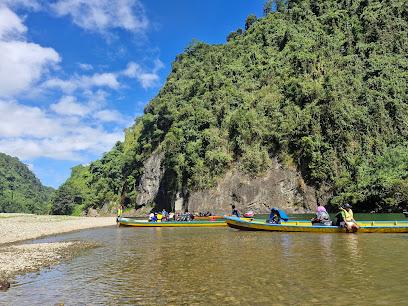
Ram Lakhan Park
Escape to serenity in Suva's Ram Lakhan Park: lush greenery, peaceful walks, and a tranquil retreat from city life.
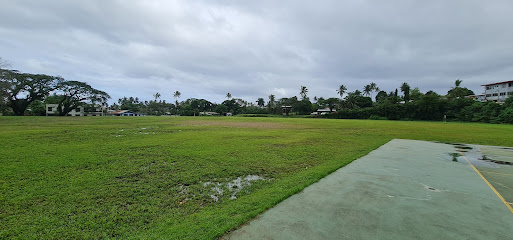
Suva Point
Escape to Suva Point: A serene coastal park with stunning ocean views, perfect for relaxation and experiencing Fiji's natural beauty.
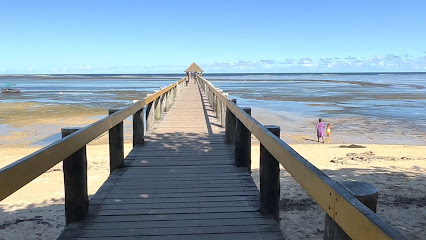
Peace Garden
Find serenity in Suva's Peace Garden: a beautiful sanctuary of native flora, perfect for relaxation and quiet reflection.
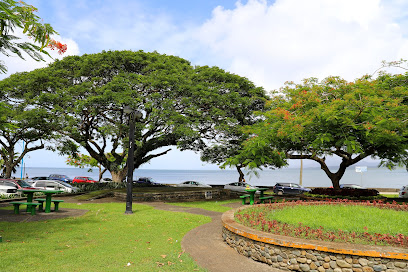
Essential places to dine
Maya Dhaba
Savor authentic Indian flavors at Maya Dhaba in Suva - a culinary gem offering vibrant dishes and warm hospitality.
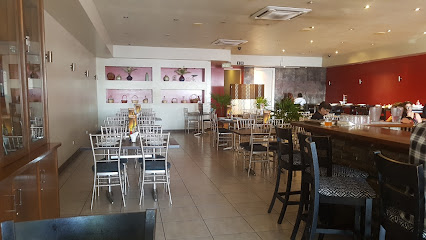
Paradiso-bar
Discover culinary excellence at Paradiso Bar in Suva – where diverse flavors meet warm hospitality.
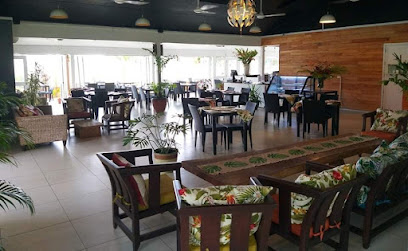
Ashiyana
Experience exquisite Fijian flavors at Ashiyana in Suva - where culinary traditions meet modern tastes.
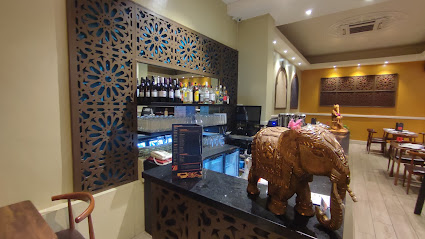
Swagat Wine and Dine
Experience the essence of India at Swagat Wine and Dine in Suva - where every dish tells a flavorful story.
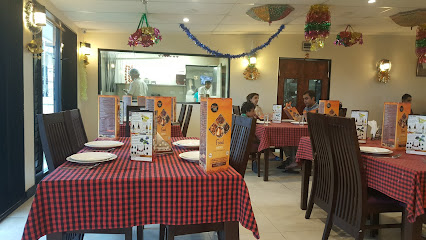
Daikoku
Savor authentic Japanese cuisine at Daikoku in Suva – where fresh ingredients meet traditional flavors for an unforgettable dining experience.
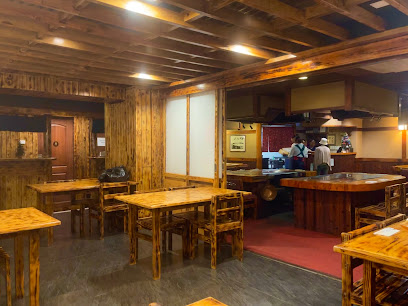
Eden Bistro & Bar (Fiji)
Discover the perfect blend of Fijian hospitality and global cuisine at Eden Bistro & Bar in Suva – an unforgettable dining experience awaits.
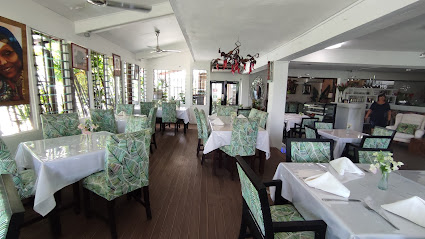
Grills Restaurant And Bar
Savor the best of Fijian cuisine at Grills Restaurant and Bar in Suva – where every meal is a celebration of flavor.
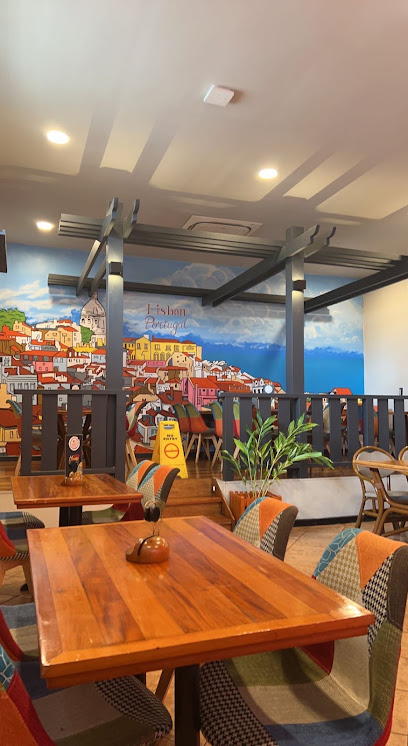
Yue Lai Restaurant
Experience the best of Suva's culinary scene at Yue Lai Restaurant with authentic Chinese flavors in a welcoming atmosphere.
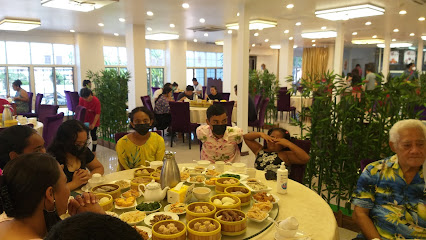
Joji's Restaurant
Experience authentic Fijian cuisine at Joji's Restaurant in Suva – where every meal is a celebration of flavor and culture.
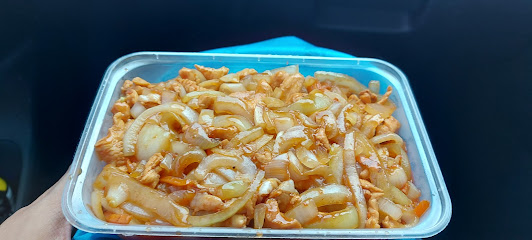
The Rotisserie
Experience the authentic taste of Fiji at The Rotisserie in Suva—where every meal is crafted with love and tradition.
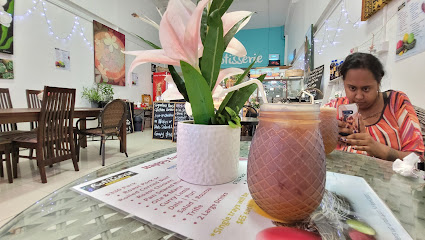
New Peking Restaurant
Experience authentic Chinese flavors at New Peking Restaurant in Suva, Fiji – where every dish tells a story.
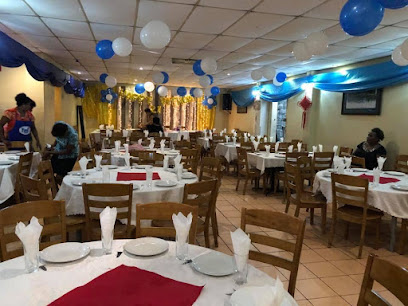
Fong Lee
Experience authentic Chinese cuisine at Fong Lee in Suva – where tradition meets local flavor in every delicious bite.
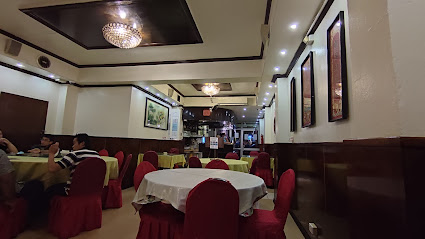
China Club (Capital Restaurant)
Experience authentic Chinese cuisine in Suva at China Club - where every dish tells a story.
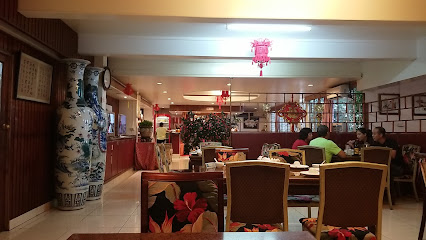
An Pho
Experience authentic Vietnamese flavors at An Pho in Suva, where every dish tells a story of tradition and passion.
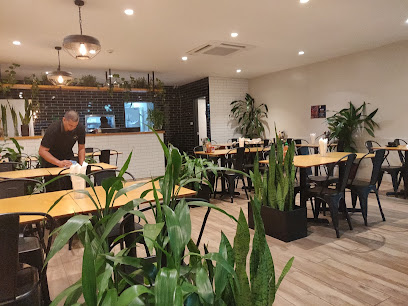
Shanghai Seafood House
Experience authentic Chinese seafood cuisine at Shanghai Seafood House in Suva—where fresh flavors meet warm hospitality.
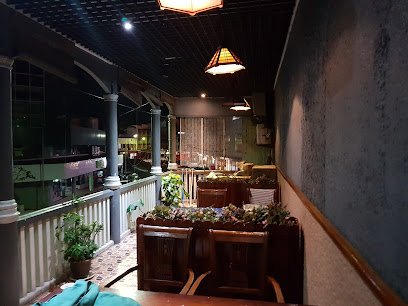
Markets, malls and hidden boutiques
Damodar City
Explore Damodar City in Suva, Fiji - a vibrant shopping mall offering diverse shops, delicious dining, and exciting entertainment for all visitors.
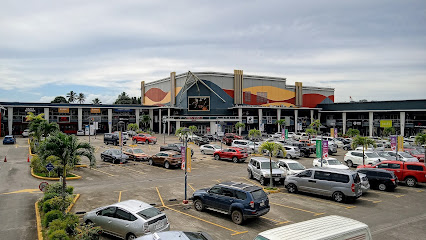
MHCC
Discover Suva's vibrant shopping scene at MHCC, where local crafts meet international brands in a lively atmosphere.
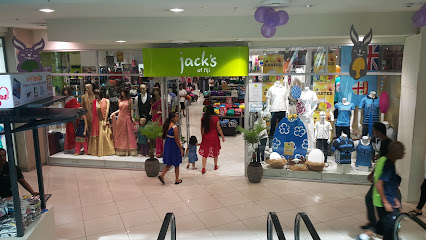
TappooCity Suva
Explore TappooCity in Suva, Fiji’s premier shopping mall with a rich blend of retail, dining, and cultural experiences.
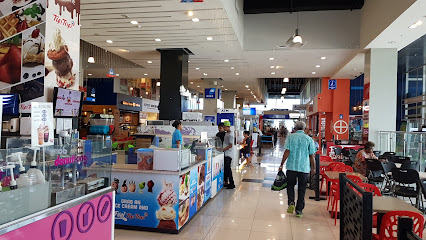
Prouds Suva Central
Discover Prouds Suva Central, a shopping haven in Suva offering local crafts, international brands, and delightful dining experiences in a vibrant atmosphere.
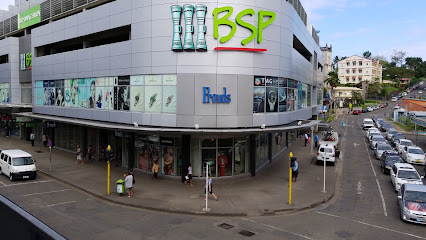
Jack's Suva
Discover the charm of Fiji at Jack's Suva, a vibrant shopping mall offering local and international brands in a welcoming atmosphere.
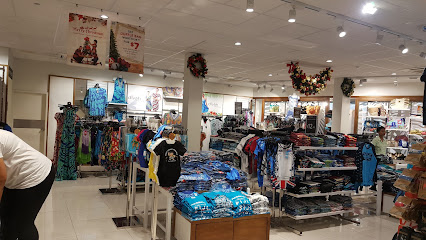
The Bulk
Explore The Bulk in Suva for a unique thrift shopping experience filled with sustainable fashion and local culture.
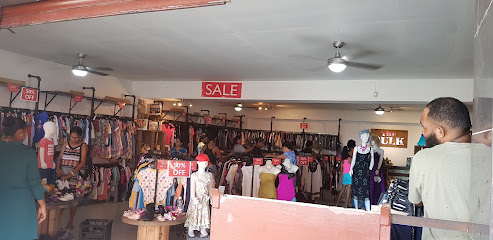
Super Corner Store
Discover the eclectic offerings of Super Corner Store in Suva, a shopping haven for clothes and electronics, reflecting Fiji's vibrant culture.
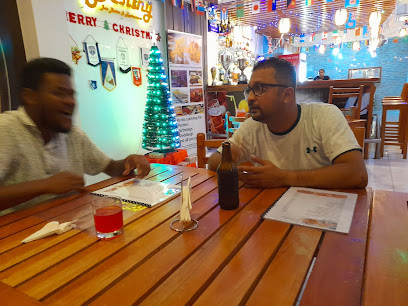
It's A Wrap Fiji
Discover the spirit of Fiji at It's A Wrap Fiji, your destination for unique gifts and authentic souvenirs in Suva's scenic Namadi Heights.
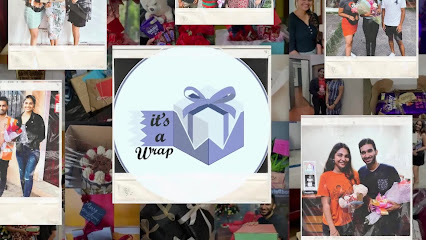
Samson Lee Fiji
Explore the exquisite Fijian fashion at Samson Lee Fiji, where vibrant designs and cultural heritage come together in a charming boutique in Suva.
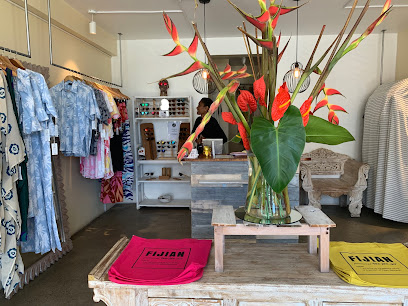
Dollar Things Village 6
Discover unique treasures and budget-friendly finds at Dollar Things Village 6, the ultimate variety store in Suva, Fiji.
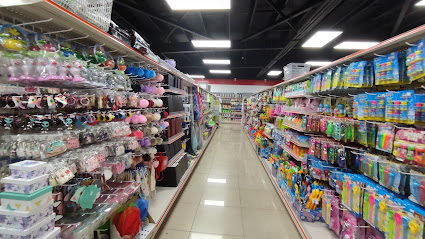
Shopaholic Fiji
Explore unique fashion and accessories at Shopaholic Fiji, the ultimate shopping destination in Suva, showcasing local and international styles.
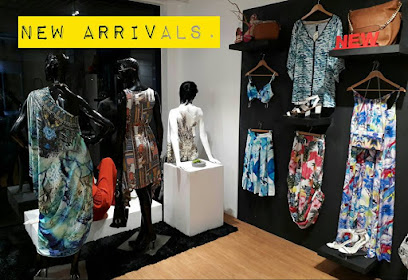
Tulips
Discover the vibrant clothing store Tulips in Suva, where fashion meets the essence of Fijian culture - a must-visit for stylish tourists.
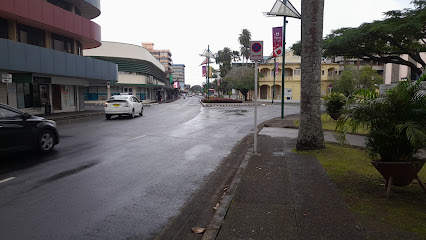
Gift & Souvenirs Distributors Fiji Pte Limited
Explore Fijian culture through unique handicrafts and souvenirs at Gift & Souvenirs Distributors Fiji Pte Limited in Suva, a treasure trove for tourists.
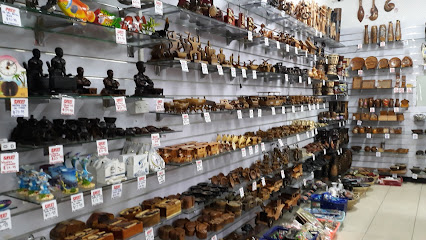
Bargain Box, Suva City
Explore the vibrant styles and unbeatable prices at Bargain Box, the ultimate clothing store in Suva City, Fiji.
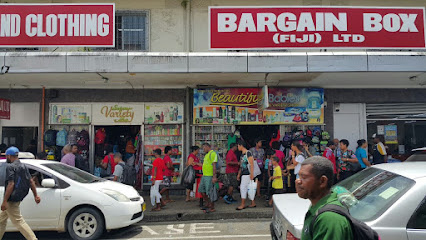
KRAZYDEALS FIJI
Explore KrazyDeals Fiji for trendy clothing and unique souvenirs, including popular rugby jerseys, in the heart of Suva.
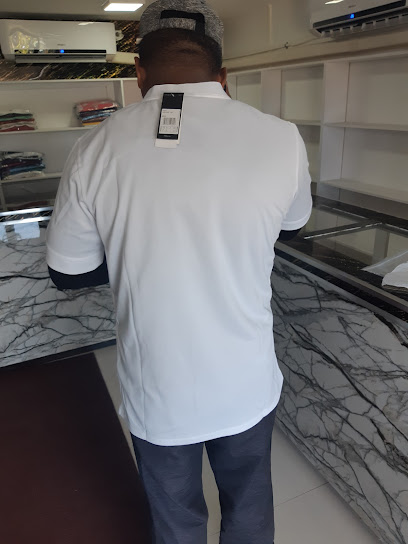
Essential bars & hidden hideouts
Opium Bar Fiji
Experience the vibrant nightlife and unique flavors of Fiji at Opium Bar, a must-visit destination in Suva for cocktails and culture.
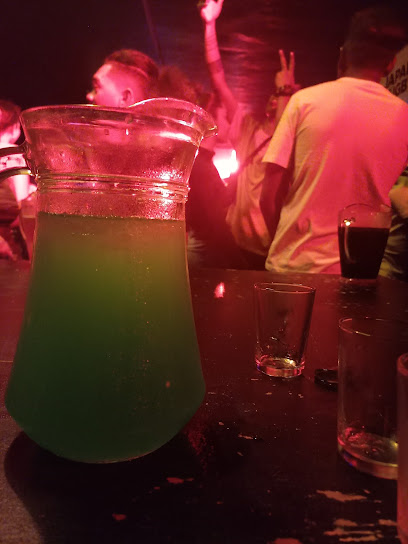
The Dogfather Bar
Experience the vibrant nightlife of Suva at The Dogfather Bar, where delicious drinks and friendly vibes come together.
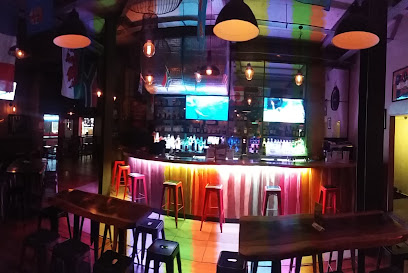
The Bar Belle
Experience the flavors of Fiji at The Bar Belle, a cozy restaurant in Suva, perfect for indulging in local culinary delights.
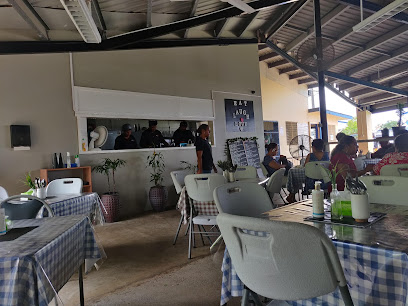
Traps Bar
Discover the vibrant nightlife of Suva at Traps Bar, where local music, dancing, and a lively atmosphere create unforgettable experiences.
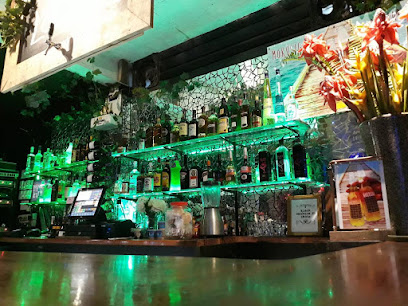
Shosha Lounge
Discover the vibrant nightlife at Shosha Lounge in Suva, Fiji, where great drinks and live music create unforgettable memories.
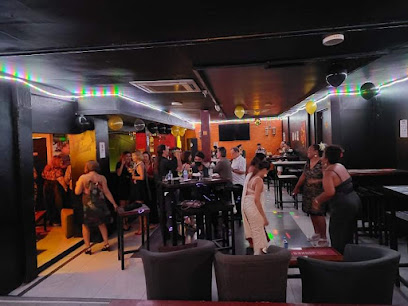
Top Dog Bar & Grill
Discover the vibrant atmosphere and tantalizing tapas at Top Dog Bar & Grill, a must-visit culinary gem in Suva, Fiji.
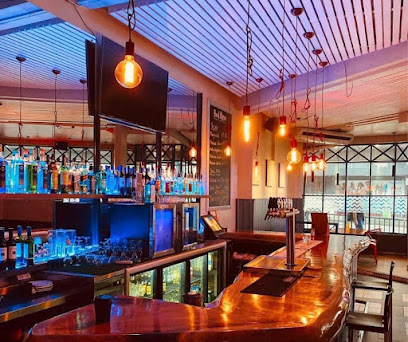
Hilltop Tavern
Experience the vibrant nightlife and stunning views at Hilltop Tavern, Suva's premier bar for locals and tourists alike.
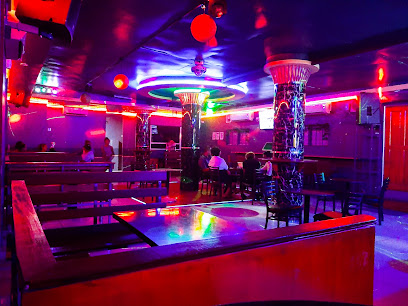
Police Sports Bar
Discover the spirited ambiance of Police Sports Bar in Suva, a go-to spot for sports enthusiasts and social butterflies alike.
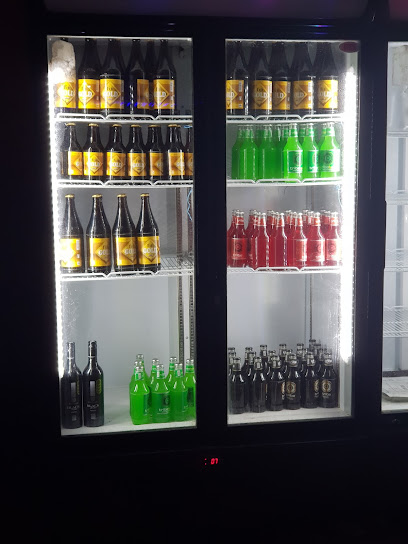
APLORP
Experience the vibrant flavors of Fiji at APLORP, Suva's premier grill destination, known for its delectable dishes and lively atmosphere.

Aunty Julie's Kava Bar
Discover the cultural heart of Fiji at Aunty Julie's Kava Bar, where the warmth of local hospitality and the calming essence of kava come together.

Freak Out Bar
Freak Out Bar in Suva offers a lively atmosphere, diverse drink options, and unforgettable nightlife experiences for tourists and locals alike.
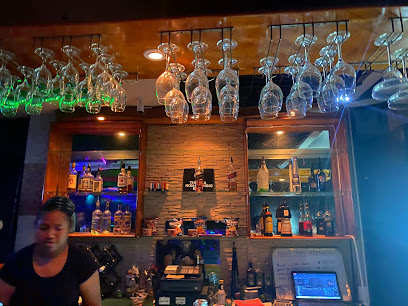
8 Designs
Experience the vibrant nightlife at 8 Designs in Suva, where great drinks and a lively atmosphere await every visitor.

Tapa Lounge Bar
Discover the vibrant nightlife at Tapa Lounge Bar in Suva, where unique cocktails and a lively atmosphere create unforgettable memories.
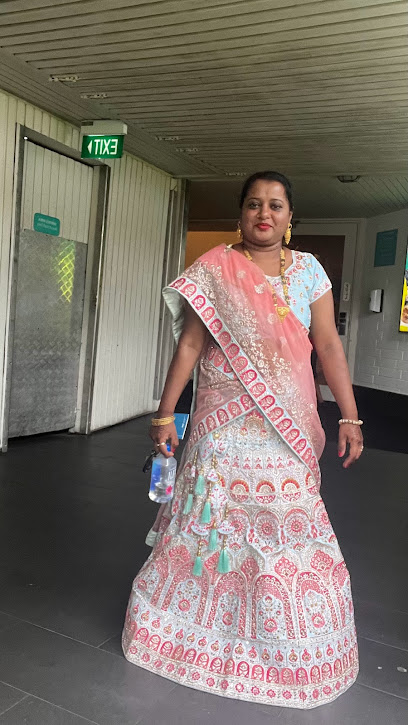
Good Times Bar - Karsanji
Experience the vibrant nightlife at Good Times Bar in Suva, where local flavors and friendly vibes come together for an unforgettable evening.

Local Phrases
-
- HelloBula
[Boo-lah] - GoodbyeMoce
[Moh-they] - YesIo
[Ee-oh] - NoSega
[Sing-ah] - Please/You're welcomeVinaka
[Vee-nah-ka] - Thank youVinaka vaka levu
[Vee-nah-ka vah-kah lay-voo] - Excuse me/SorryTulou
[Too-loh] - How are you?O cei?
[O they] - Fine. And you?Vinaka. Ia, ko cei?
[Vee-nah-ka. Ee-ah, koh they] - Do you speak English?O iko vosoti vakaviti?
[Oh ee-koh voh-soh-tee vah-kah-vee-thee] - I don't understandAu sega ni kila
[Ow sing-ah nee kee-lah]
- HelloBula
-
- I'd like to see the menu, pleaseAu vinakata me vakarau me'u menu
[Ow vee-nah-kah-tah may vah-kah-rah may-oo menu] - I don't eat meatAu sega ni kana bele
[Ow sing-ah nee kah-nah beh-leh] - Cheers!Bula vinaka!
[Boo-lah vee-nah-ka] - I would like to pay, pleaseAu vinakata me vakayagataka, me'u
[Ow vee-nah-kah-tah may vah-kah-yah-gah-tah-kah, may-oo]
- I'd like to see the menu, pleaseAu vinakata me vakarau me'u menu
-
- Help!Veivuke!
[Veh-ee-voo-kay] - Go away!Lako yani!
[Lah-koh yahn-ee] - Call the Police!Kacivi ira na noqu mataqali!
[Kah-thee-vee ee-rah nah noh-ngoo mah-tahn-gah-lee] - Call a doctor!Kacivi iko e dua na tabana vakabalei!
[Kah-thee-vee ee-koh eh doo-ah nah tah-bah-nah vah-kah-bah-lay] - I'm lostAu sa lomani
[Ow sah loh-mahn-ee] - I'm illAu sa lialia
[Ow sah lee-ah-lee-ah]
- Help!Veivuke!
-
- I'd like to buy...Au vinakata me voli...
[Ow vee-nah-kah-tah may voh-lee] - I'm just lookingAu tiko ga e vakaraica
[Ow tee-koh ngah eh vah-kah-ry-thah] - How much is it?E dau vica?
[Ay dow vee-thah] - That's too expensiveSa vakayawa sara
[Sah vah-kah-yah-wah sah-rah] - Can you lower the price?Ni vakayawataka rawa?
[Nee vah-kah-yah-wah-tah-kah rah-wah]
- I'd like to buy...Au vinakata me voli...
-
- What time is it?Na veisiga e vica na gauna?
[Nah vay-see-ngah ay vee-thah nah gah-oo-nah] - It's one o'clockE dua ga
[Ay doo-ah ngah] - Half past (10)Dua na kena
[Doo-ah nah keh-nah] - MorningYakavi
[Yah-kah-vee] - AfternoonYakarua
[Yah-kah-roo-ah] - EveningYalomalua
[Yah-loh-mah-loo-ah] - YesterdayNikua
[Nee-koo-ah] - TodayNiraica
[Nee-rye-thah] - TomorrowNa mataka
[Nah mah-tah-kah] - 1Dua
[Doo-ah] - 2Rua
[Roo-ah] - 3Tolu
[Toh-loo] - 4Va
[Vah] - 5Lima
[Lee-mah] - 6Ono
[Oh-noh] - 7Vitu
[Vee-too] - 8Walubu
[Wah-loo-boo] - 9Siva
[See-vah] - 10Sikeni
[See-kay-nee]
- What time is it?Na veisiga e vica na gauna?
-
- Where's a/the...?Ko vei e dua na...?
[Koh vay ngah eh doo-ah nah] - What's the address?Na veivosiga e vei na vakamacala?
[Nah vay-ee-voh-see-ngah ay vay nah vah-kah-mah-thah-lah] - Can you show me (on the map)?Ni vakaraitaka na veivosiga (e na lolo)?
[Nee vah-kah-rye-tah-kah nah vay-ee-voh-see-ngah ay nah loh-loh] - When's the next (bus)?E na gauna e muri mai na (basi)?
[Ay nah gah-oo-nah ay moo-ree my nah bah-see] - A ticket (to ....)E dua na tiketi (ki ...)
[Ay doo-ah nah tee-keh-tee (key)]
- Where's a/the...?Ko vei e dua na...?
History of Suva
-
Suva became the capital of Fiji in 1882, replacing Levuka due to its more suitable geography. The city was established during the British colonial period, and you can still see remnants of colonial architecture, particularly around the Government Buildings and Albert Park.
-
In 1874, Fiji was ceded to the United Kingdom. This historic event took place in Levuka, but its ramifications were deeply felt in Suva as it transitioned into the administrative center. The Deed of Cession marked the beginning of a new era, leading to the development and modernization of Suva.
-
During World War II, Suva played a significant role due to its strategic location in the Pacific. The city became a hub for Allied forces, and the local infrastructure was expanded to support military operations. The Suva War Memorial commemorates the Fijians who served and died in the conflict.
-
Fiji gained independence from British rule on October 10, 1970. The first celebrations took place in Suva, and the city continues to be the focal point for annual Independence Day festivities. The event is marked by traditional Fijian ceremonies, parades, and cultural performances.
-
Suva is known for its multicultural population, where Fijians, Indo-Fijians, Chinese, and Europeans live together. This diversity is reflected in the city’s vibrant festivals, markets, and cuisine. Visitors can explore the Suva Municipal Market and experience firsthand the rich blend of cultures.
-
Established in 1968, the University of the South Pacific (USP) has its main campus in Suva. USP serves as a major educational institution for the Pacific region, attracting students from across the islands. The university has contributed significantly to the intellectual and cultural life of the city.
-
Today, Suva is a bustling urban center and the political, economic, and cultural heart of Fiji. It boasts modern amenities, shopping centers, and an active nightlife, while still preserving its historical and cultural heritage. Landmarks such as the Fiji Museum and Thurston Gardens offer insights into the city's past and present.
Suva Essentials
-
Suva, the capital city of Fiji, is located on the southeastern coast of Viti Levu. The main point of entry for international travelers is Nadi International Airport (NAN), which is about 190 kilometers from Suva. From Nadi, you can take a domestic flight to Nausori Airport (SUV), which is about 23 kilometers from Suva. Alternatively, you can take a taxi, private transfer, or bus from Nadi to Suva; the journey by road typically takes around 4 hours.
-
Public transportation in Suva includes buses, taxis, and minibuses. Buses are the most economical option and run frequently throughout the city and surrounding areas. Taxis are widely available and relatively inexpensive; they can be hailed on the street or booked in advance. For short distances and local travel, minibuses are a common choice. Renting a car is also an option for greater flexibility, but be aware that driving is on the left side of the road.
-
The official currency in Fiji is the Fijian Dollar (FJD). Credit cards are widely accepted in hotels, restaurants, and larger shops, but it's advisable to carry some cash for smaller establishments and markets. ATMs are readily available in Suva, and currency exchange services can be found at banks and licensed exchange bureaus.
-
Suva is generally safe for tourists, but it is advisable to take standard precautions. Avoid walking alone at night, especially in poorly lit areas. Be cautious in neighborhoods such as Raiwaqa and Raiwai, which have higher crime rates. Always keep an eye on your belongings in crowded places and avoid displaying valuable items. It is also recommended to use registered taxis and avoid accepting rides from strangers.
-
In case of an emergency, dial 911 for police, fire, or medical assistance. Suva has several hospitals and clinics, including the Colonial War Memorial Hospital, which is the largest public hospital in Fiji. Pharmacies are available for minor health issues and over-the-counter medications. It is advisable to have travel insurance that covers medical emergencies.
-
Fashion: Do dress modestly, especially when visiting villages or religious sites. Avoid wearing revealing clothing. Religion: Do respect local customs and traditions. Remove your shoes when entering homes and religious sites. Public Transport: Do be courteous and offer your seat to elderly passengers. Avoid eating or drinking on public transport. Greetings: Do greet people with a smile and a handshake. A slight bow or nod is also a sign of respect. Eating & Drinking: Do try local Fijian cuisine and accept food offerings graciously. Don’t refuse hospitality, as it is considered impolite.
-
To experience Suva like a local, visit the Suva Municipal Market, where you can buy fresh produce and traditional Fijian goods. Engage with locals, as they are often friendly and willing to share stories about their culture and history. Don’t miss the Fiji Museum, which offers insights into Fiji’s rich heritage. For a unique experience, attend a local rugby match, as the sport is very popular in Fiji. Additionally, explore the Colo-i-Suva Forest Park for a taste of the natural beauty surrounding Suva.
Nearby Cities to Suva
-
Things To Do in Nausori
-
Things To Do in Levuka
-
Things To Do in Savusavu
-
Things To Do in Rakiraki
-
Things To Do in Labasa
-
Things To Do in Ba
-
Things To Do in Sigatoka
-
Things To Do in Nadi
-
Things To Do in Lautoka
-
Things To Do in Kolovai
-
Things To Do in Vava'u
-
Things To Do in Ha'apai
-
Things To Do in Nuku'alofa
-
Things To Do in Pangai
-
Things To Do in Foa












